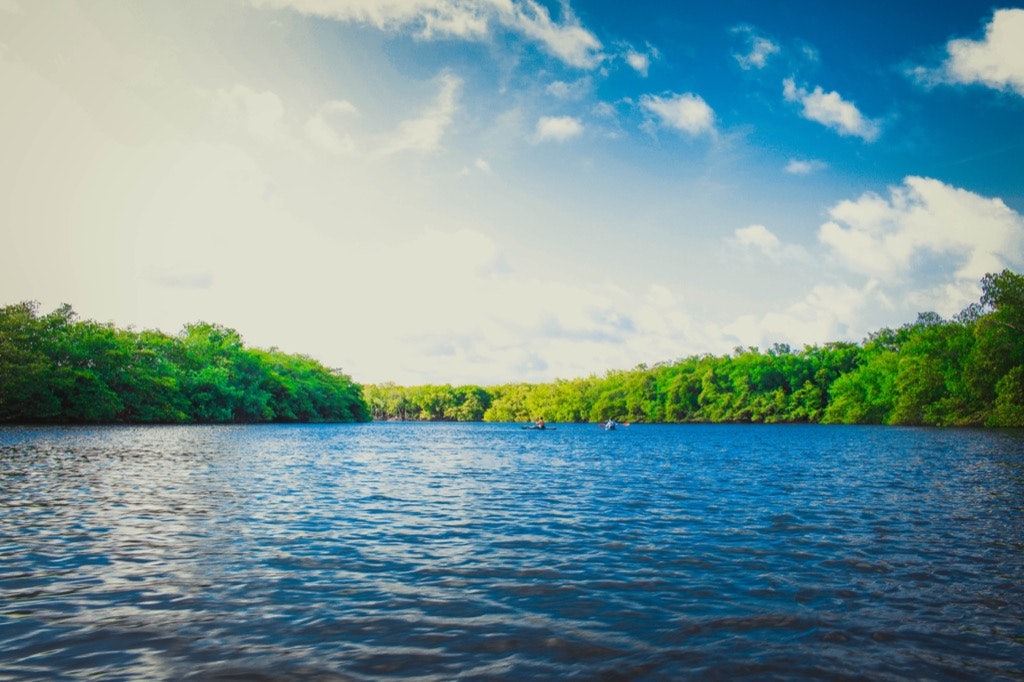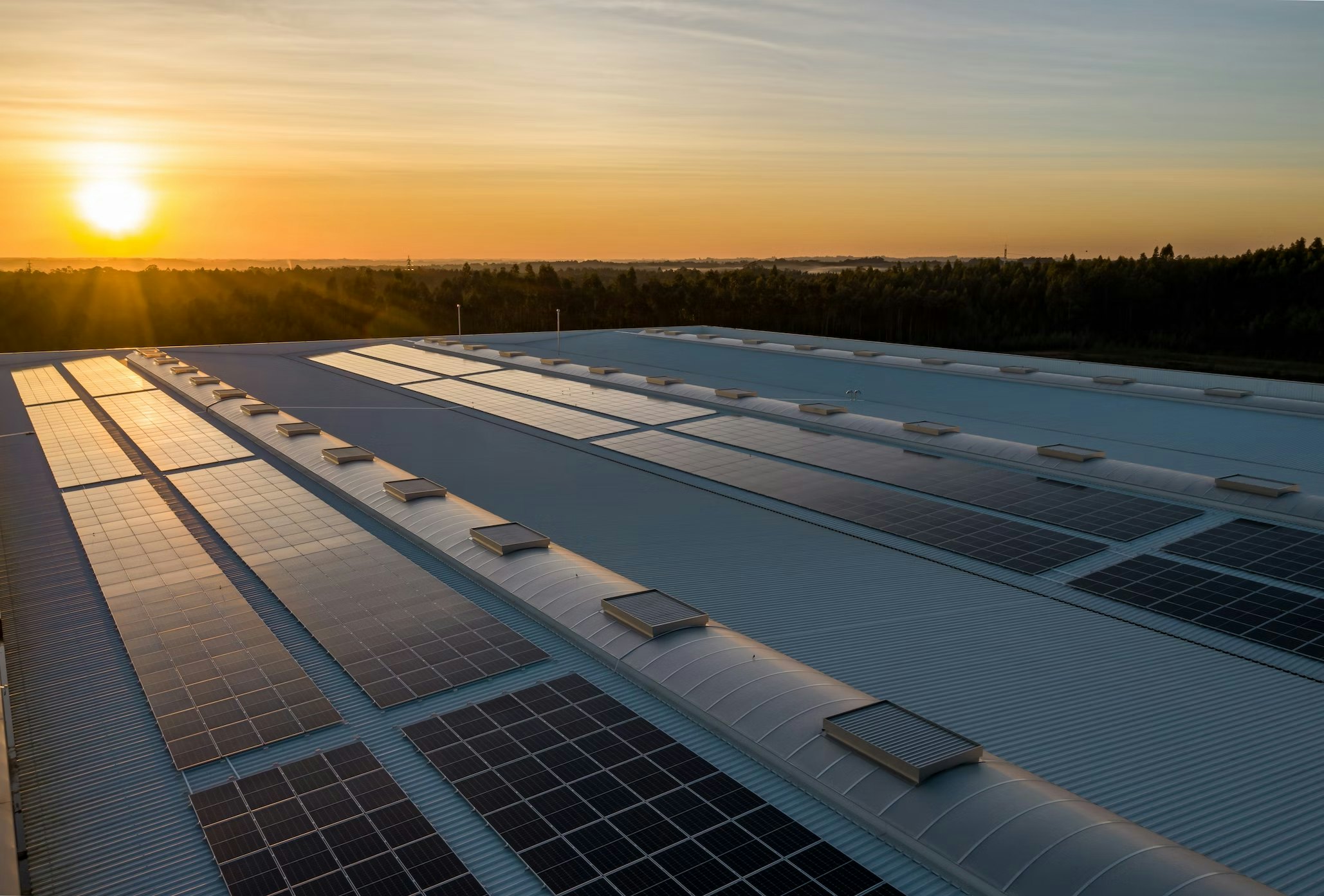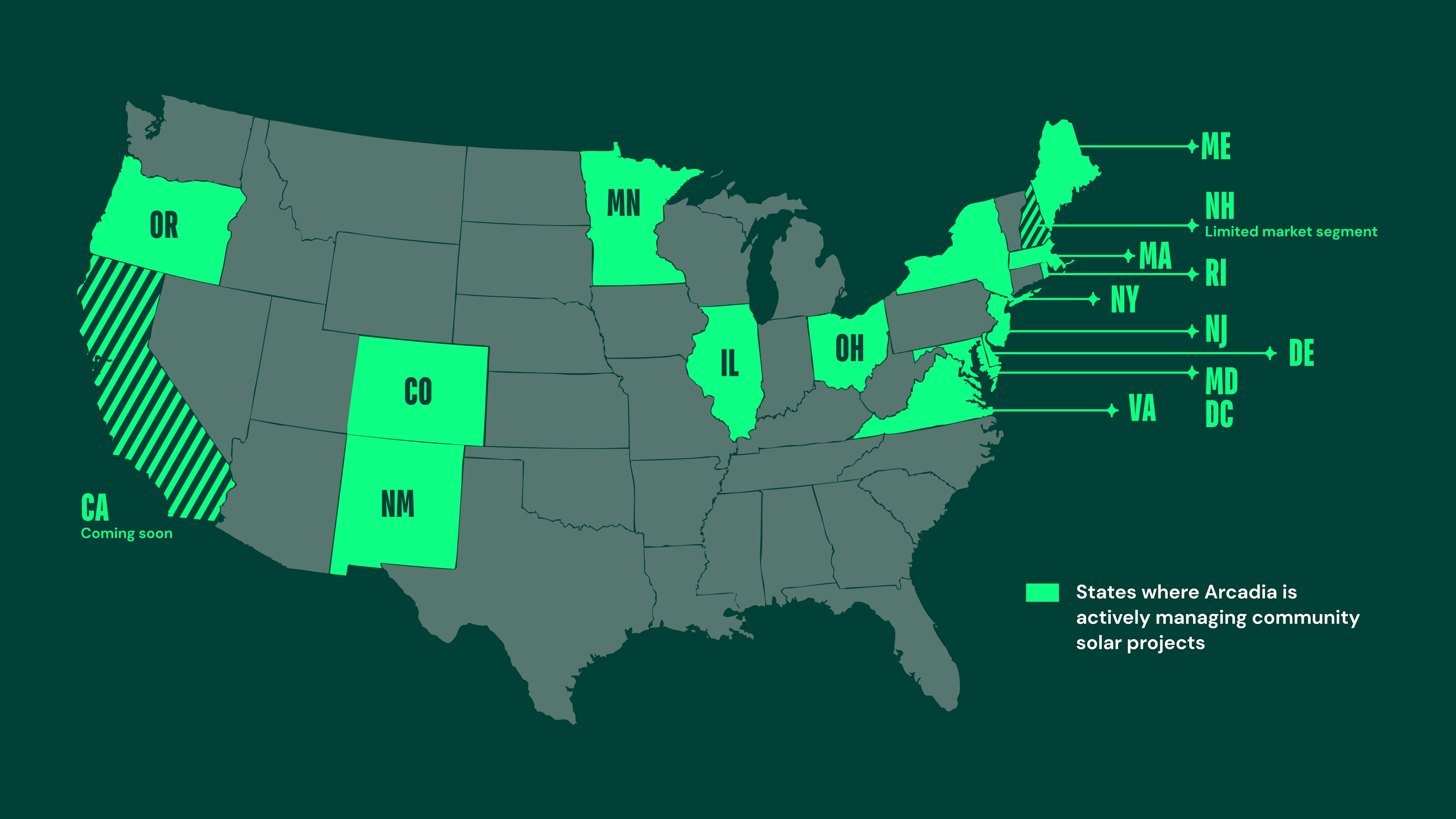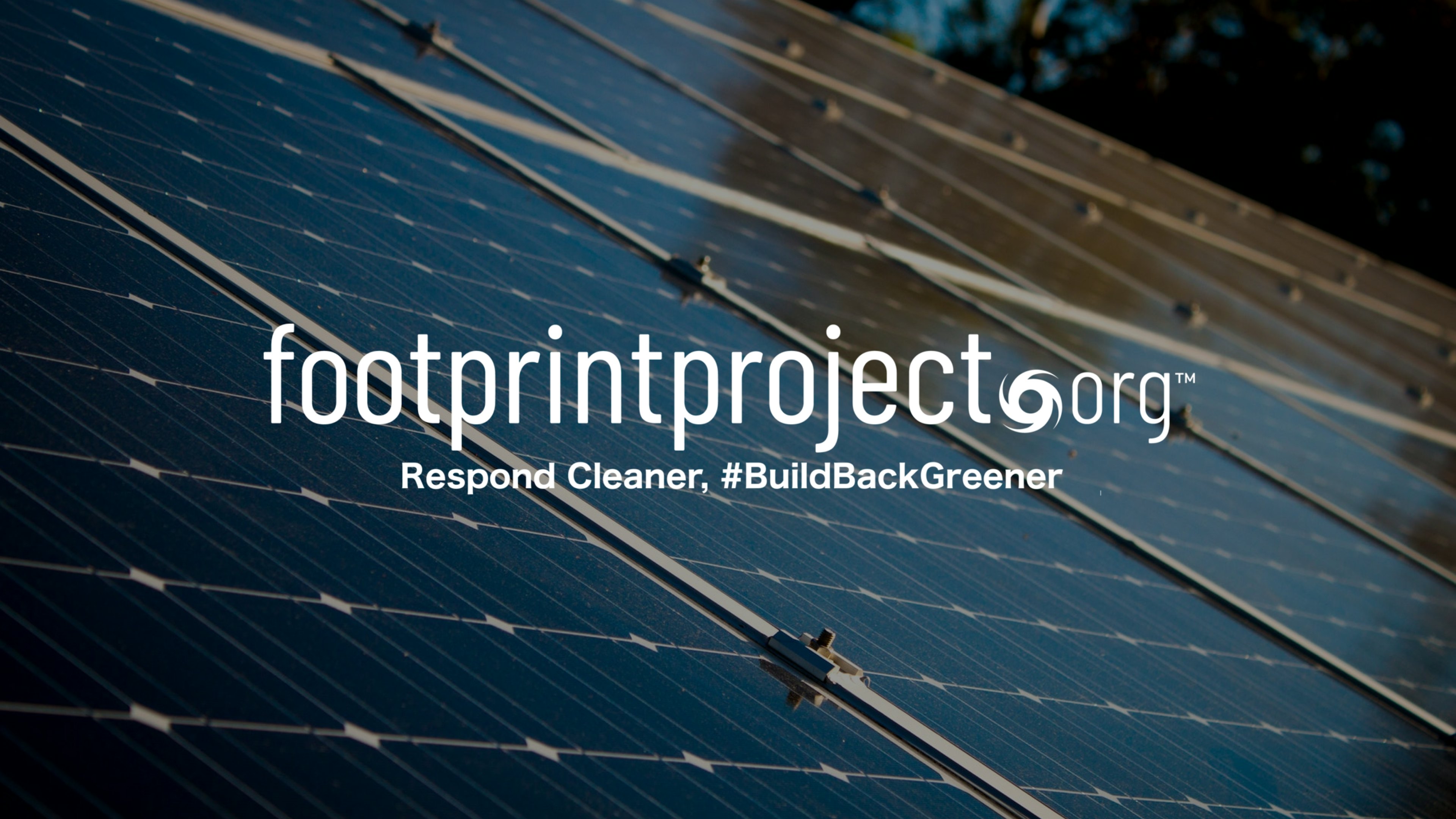15 proven ways to reduce water pollution

This article was originally published in July 2017. It has been updated with new insights as of August 2024.
Everyone understands that clean water is vitally important. Yet billions of people across the world don’t have access to clean drinking water or face water scarcity in their daily lives.
Let’s examine how you can play a role in conserving this precious resource by reducing water pollution in your local community.
Why is water pollution so concerning?
As we mentioned, contaminated drinking water poses a serious health risk to humans. In extreme cases, chemical pollutants and pathogens can cause potentially diseases like cholera, dysentery, and typhoid.
In addition to these health hazards, water pollution can have a range of negative consequences such as:
- Harm to aquatic life: Pollutants like chemicals and heavy metals can harm fish, plants, and other aquatic organisms, leading to a decline in biodiversity and even the collapse of some ecosystems.
- Economic impact: Water pollution can impact industries such as fishing and agriculture, as contaminated bodies of water may lead to decreased fish stocks and reduced crop yields.
- Habitat destruction: Polluted water can degrade habitats such as wetlands, rivers, and estuaries, causing long-lasting negative effects on both aquatic and terrestrial ecosystems.
- Eutrophication: Excess nutrients from sources like wastewater and agricultural runoff can cause eutrophication in which water bodies become overly enriched with nutrients, leading to rapid algae growth that can cause further ecological imbalances.
How to reduce water pollution
Now we’re going to look at 15 small yet high-impact ways to reduce water pollution in your everyday life.
Dispose of toxic chemicals properly
Bleach, paint, paint thinner, ammonia, and other household chemicals can contain dangerous contaminants and are becoming a serious problem. If you add up thousands of people every month dumping toxic chemicals down the drain or flushing them down the toilet, the impact quickly becomes significant.
The good news is that many household chemicals can be safely recycled. Your community may have a recycling center that can take old paint, used motor oil, etc., and recycle them. Community collection centers and drop-off sites also exist in some areas. Your community may even have a hazardous waste collection day where those toxic chemicals can be dropped off for safe disposal.
Shop with water pollution in mind
You can avoid issues with household chemicals and pesticides by not buying products that contain persistent and dangerous contaminants in the first place. Many companies now sell non-toxic cleaners and/or biodegradable cleaners and pesticides. Spending a little extra money on those products automatically cuts down on water pollution.
Don’t pour fat and grease down the drain
Grease, fat, and used cooking oil should be disposed of in the trash or kept in a “fat jar” for disposal with other solid waste. Your pipes might clog and cause sewer pipes to back up into yards and basements, contaminating local bodies of water.
Use phosphate-free detergent and dish cleaner:
You can further reduce water pollution by using just enough of these cleaners to do the job. Phosphate-free cleaning products are ideal, as phosphates can lead to algae blooms that kill fish and other aquatic animals by reducing the oxygen in the water.
Check your sump pump or cellar drain
Sometimes these devices drain into the town’s sanitary sewer pipes. This connection dumps biological waste, heavy metals, chemicals, and more into the system. If you have a sump pump or cellar drain and aren’t sure where they drain, you should be able to find out by checking with the city’s pollution control department.
Dispose of medical waste properly:
Never flush medicines down the toilet or dump them in a nearby pond or creek. These drugs tend to accumulate in the water — and in fish and other wildlife. Hormones and other compounds can end up causing a variety of health problems in animals and contaminate drinking water that people and livestock use.
Eat more organic food:
Organic foods tend to be produced with few synthetic chemicals. As a result, eating organic reduces the amount of chemical pollution that ends up in the water. The food we choose to eat can have a big impact on environmental quality — consider the chemicals used to grow food and the fuel used to transport crops and power farm equipment on industrial farms.
Report water polluters
Many cases of illegal waste disposal and other forms of water pollution go unreported and often aren’t cleaned up. Consider reporting those who pour oil in storm drains, toss bags of trash in streams, etc. to your local water protection program.
Support environmental charities
No matter where you live in the country, there are going to be charities working on watershed protection, water pollution cleanup, and similar causes. Find an organization that’s active in your area and get involved or make a donation. Your support may even lead to expanded anti-pollution work.
Cut down on meat consumption
Raising animals for meat consumption often takes a lot of water for the grains and other foods they need, as well as drinking water. Additionally, antibiotics and solid waste from livestock both tend to end up in groundwater and rivers.
Try to avoid plastic containers
Plastic shopping bags and plastic rings from six-packs of beverages cause inordinate problems in lakes and seas. Plastic bottles can last for hundreds of years in the ocean. Buy some reusable cloth or plastic grocery bags instead. They can often be purchased for as little as $1 each, so there is a minimal cost involved. Use reusable, insulated containers to hold drinks and make your own filtered water at home.
Keep your vehicles from leaking
Oil and other fluids leak from motor vehicles and end up in the local water table, or running off into creeks and streams. This runoff problem is easy to treat; just be diligent about maintaining and repairing your vehicles. Leaky seals, hoses, and gaskets tend to cause expensive mechanical problems anyway, so replacing the worn parts can save you money in the long run.
Cut down on the lawn chemicals
Homeowners like to keep the yard looking green and healthy. However, the desire for a green lawn can produce water pollution, as fertilizers and pesticides will inevitably run off the shrubs and grass into the water. Select landscaping that is adapted to the climate. No matter where you live, there are bound to be attractive plants that can thrive with minimal help from added chemicals. This makes the plants cheaper to care for and you will waste less water keeping them alive.
Plant some trees
Trees reduce erosion that washes pollution into the water. You can volunteer your time in a local tree-planting effort. Or, if you own land along a river or pond, consider planting trees, bushes, or grass along the bank.
Help clean up beaches and rivers
Supporting charities devoted to protecting the water is important because they can do work that is beyond the power of the average consumer. If you can’t afford to donate money, you might volunteer to help plant trees, clean up local bodies of water, or help collect leftover chemicals from local residents. Some environmental groups might have collection days where they need volunteer labor.
Another way to support clean energy? Community solar
Interested in supporting climate action while saving money on your energy bill? Consider joining a community solar program like Arcadia. Getting started couldn’t be easier — it only takes a few clicks to find out if you’re eligible. Click the button below to see if you qualify to save on your annual bill.

Ready to make an impact? Sign up for Arcadia community solar today!
Get startedWater pollution FAQs
What are the main sources of water pollution?
Water pollution comes from many different sources including industrial discharge, agricultural runoff, sewage and wastewater discharge, improper disposal of household chemicals, oil spills, and littering.
What are some common pollutants found in water?
Common water pollutants include heavy metals (like mercury, lead, and arsenic), pesticides and fertilizers, oil and grease, pharmaceuticals, bacteria and pathogens, and plastic debris.
What are the long-term effects of water pollution on human health?
Long-term exposure to contaminated water can lead to health problems such as gastrointestinal illnesses, reproductive issues, neurological disorders, and certain types of cancer. It can also affect vulnerable populations such as children and the elderly more severely.


